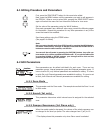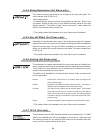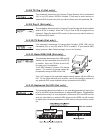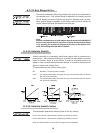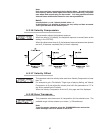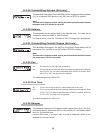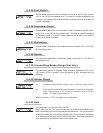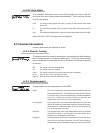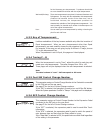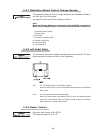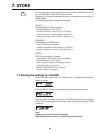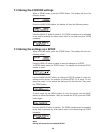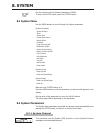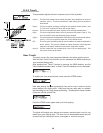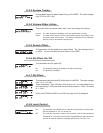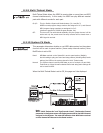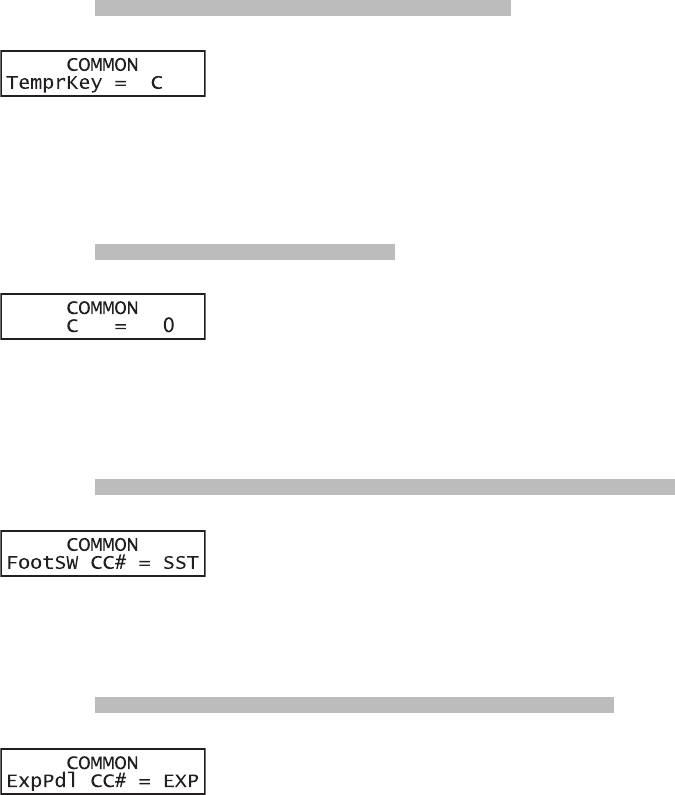
41
for the Mersenne pure temperament. It produces chords that
are more beautiful than those with the equal temperament.
Werkmeis/Kirnberg: These two temperaments are placed in between Meantone and
Pythagorean. For music with few accidentals, this temperament
produces the beautiful chords of the mean tone, but as
accidentals increase, the temperament produces the
characteristic melodies of the Pythagorean temperament. It is
used primarily for classical music written in the Baroque era to
revive the original characteristics.
User: You can make your own temperament by raising or lowering the
pitch for each half tone.
6.3.3 Key of Temperament
Limitless modulation of the key became available only after the invention of
Equal temperament. When we use a temperament other than Equal
temperament, we must carefully choose the key signature to play in.
For example, if the song you are going to play is written in D major, choose
“D” as the temperament key.
When Temperament is set to Equal, this page won’t be displayed.
6.3.4 Tuning C - B
When the temperament is set to “User”, adjust the pitch for each key and
create your own temperament. The value changes from -50 to +50.
These pages will only be displayed when the user temperament is selected.
Note:
The value is shown in “cent”. Half tone equals to 100 cents.
6.3.5 Foot SW Control Change Number
This parameter assigns a Control Change Number to the Footswitch connected
to the FSW jack on the rear panel.
See page72 for the list of Control Change numbers.
If the “SW” is selected, the footswitch is used to turn on/off the SW button.
When the System parameter FootSW is “Setup+” this page won’t be displayed.
6.3.6 EXP Control Change Number
This parameter assigns a Control Change Number to the Expression Pedal
connected to the EXP jack on the rear panel.
See page72 for the list of Control Change numbers.
If the “AFT” is selected, the expression pedal is used to send After Touch
information.
If the “RTR” is selected, the expression pedal is used to switch the speed of
roter between slow and fast when the Rotary effect is in use.
If the “Pedal Wah” is selected in EFX, the pedal works as a Wah Pedal regardless
of the setting in this parameter.



